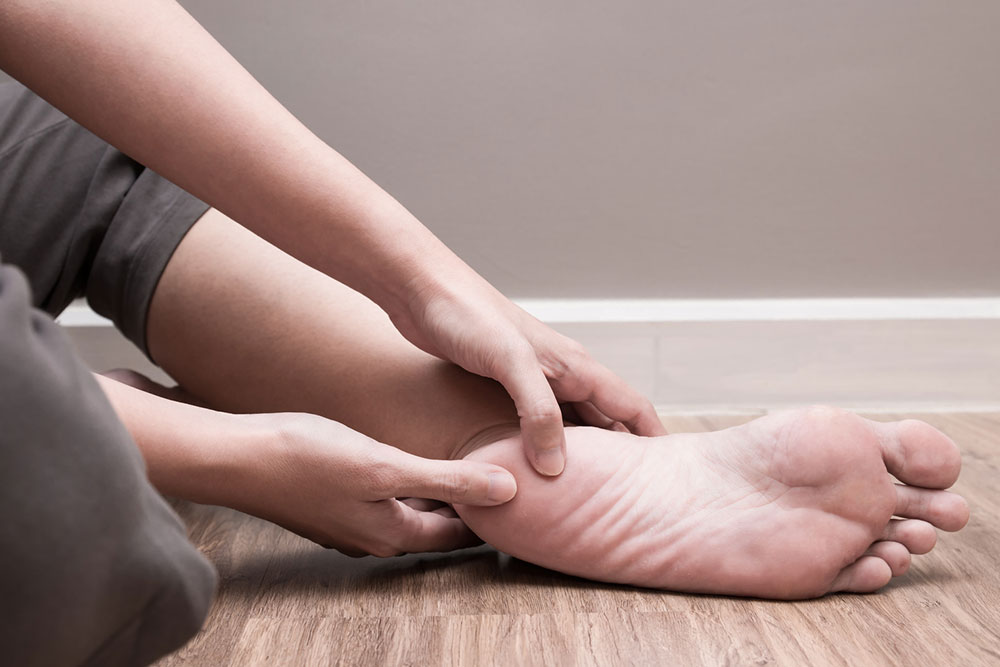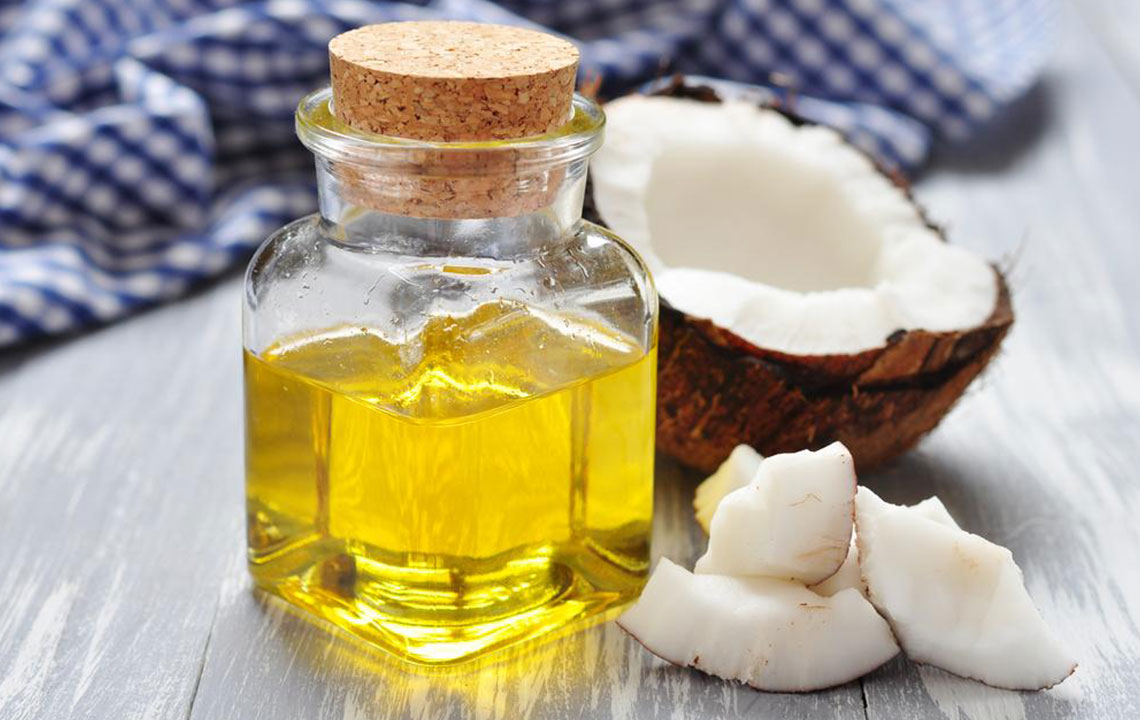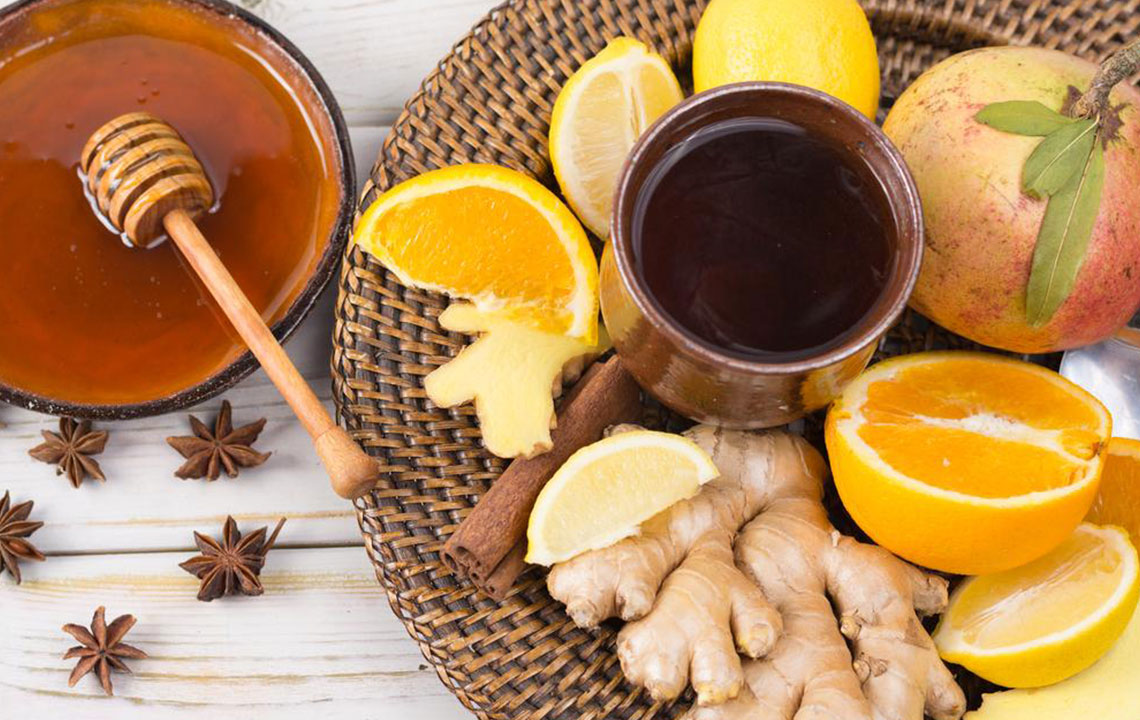Comprehensive Natural Remedies to Relieve Severe Toothache Pain
This comprehensive guide explores effective home remedies for intense tooth pain, including natural methods like cloves, saltwater rinses, garlic, and more. It emphasizes the importance of prompt dental care for long-term relief and preventing complications. Perfect for those seeking immediate, natural relief while scheduling professional treatment.

Effective Home Treatments for Intense Tooth Discomfort
Experiencing a toothache can be one of the most excruciating forms of pain, often catching individuals off guard and disrupting their daily routines. Tooth pain can arise from various causes such as nerve irritation, bacterial infections, cracked or broken teeth, or accumulation of plaque related to poor oral hygiene. Sometimes, discomfort may radiate from nearby areas like the jawbone or ears, making diagnosis and relief more complex. While maintaining good oral hygiene practices—such as brushing at least twice daily, flossing regularly, and scheduling routine dental check-ups—is vital in preventing severe dental issues, managing the pain effectively when it strikes is equally important. Recognizing early signs of trouble, including teeth sensitivity, bleeding gums, or chipped enamel, can help you seek prompt treatment, potentially avoiding more serious health complications.
Temporary relief of severe tooth pain can often be achieved through simple, natural remedies you might already have at home. These methods can help reduce discomfort until you are able to see a dental professional. Below are some of the most effective home-based approaches:
Cloves
Known for their powerful antiseptic and anesthetic properties, cloves contain eugenol, a natural compound that acts as a potent painkiller. To use, grind a few cloves into a powder or apply a few drops of clove oil directly onto a cotton ball and place it on the affected tooth. The analgesic effect can numb the nerve endings temporarily, offering instant pain relief.
Saltwater Rinse
Gargling with warm saltwater helps to soothe inflamed tissues and neutralize acids that promote bacterial growth. Prepare the rinse by mixing one teaspoon of salt in a glass of warm water. Swish it around your mouth for about a minute, then spit out. This simple remedy can reduce swelling and decrease bacterial load.
Garlic
This kitchen favorite contains allicin—a compound with natural antimicrobial and anti-inflammatory properties. Crush a fresh garlic clove to release its oil, then apply it directly onto the sore area or chew it gently near the affected tooth. Its antimicrobial action can help kill bacteria causing infection and alleviate pain.
Asafetida
A traditional remedy in many cultures, asafetida (hing) powder has been used to treat dental problems. Mix a pinch of asafetida powder with lemon juice and apply the paste directly into the cavity or on the gum tissue with a cotton swab. This mixture may help reduce pain, soothe inflammation, and control bleeding of gums.
Guava Leaves
Chewing or gargling with fresh guava leaves can provide significant relief. These leaves contain compounds that possess antimicrobial properties, helping to reduce bacterial growth and inflammation in the gums. Chew the leaves directly or boil them to create an extract for rinsing.
Ice Pack
Applying an ice pack wrapped in a clean cloth directly to the affected area can quickly numb nerve endings, reducing both pain and swelling. Hold the cold compress for 10-15 minutes at a time, taking breaks as needed. This simple method provides immediate, short-term relief from intense discomfort.
Peppermint Oil
With its anti-inflammatory and soothing properties, peppermint oil acts as a natural analgesic. Dab a small amount of pure peppermint oil onto a cotton ball and gently apply it to the sore tooth and gums. It can help reduce bacterial growth and dull pain temporarily.
Hydrogen Peroxide
Diluted hydrogen peroxide has disinfectant qualities that can help clean infected areas inside the mouth. Mix equal parts of 3% hydrogen peroxide and water, then rinse your mouth gently. Be careful not to swallow the solution, and avoid using it for more than a minute. This method can help to reduce bacteria and promote healing, but professional advice should be sought for ongoing issues.
Despite the effectiveness of these home remedies, it is crucial not to ignore persistent or severe pain. These methods are only temporary solutions, and seeking professional dental care promptly is vital to diagnose and treat the underlying cause of the pain. Delay in professional treatment could lead to more severe complications such as abscess formation, tooth loss, or systemic infections.





